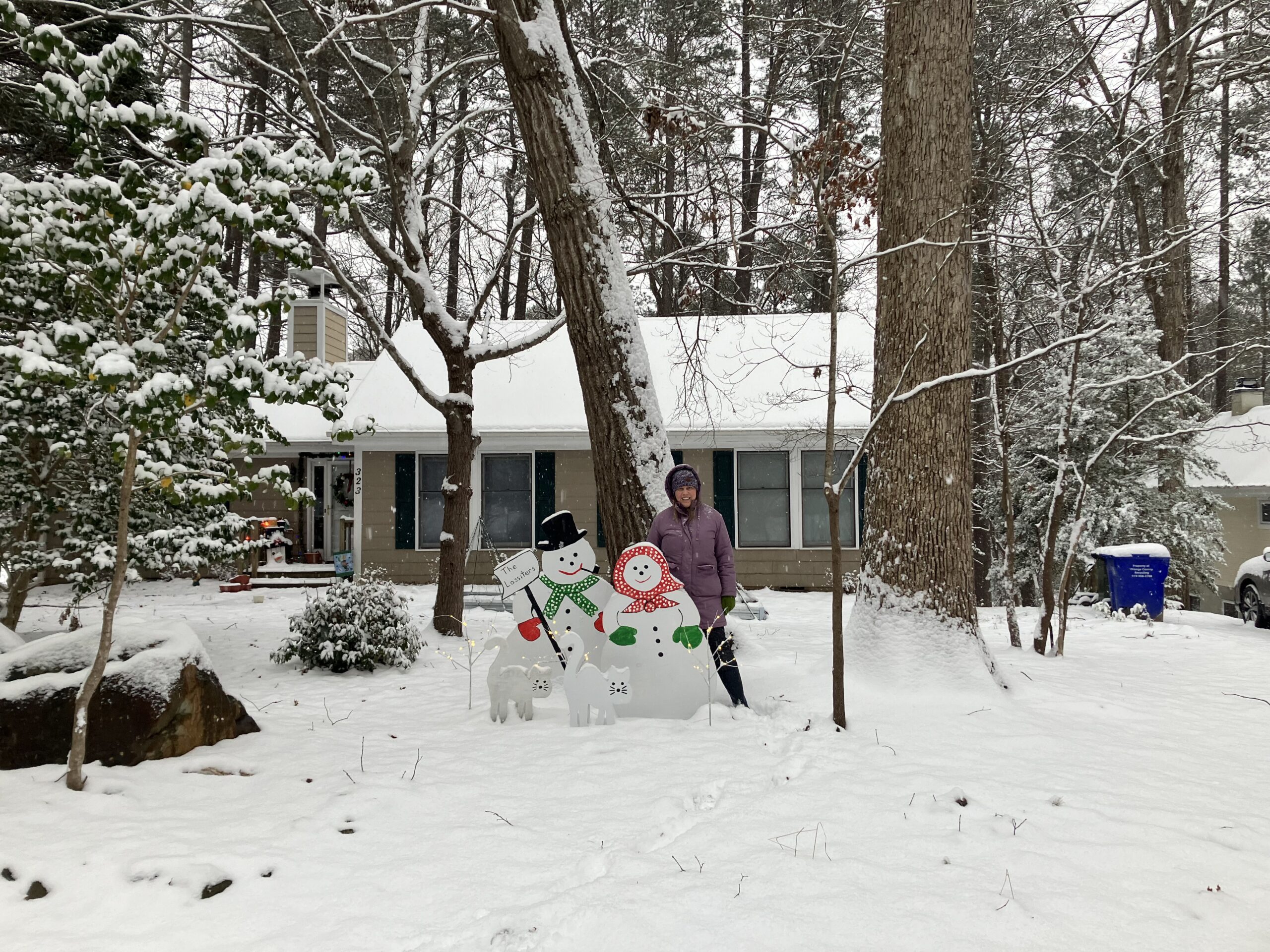The Triangle community is largely still recovering from the last few years of dealing with changes to society caused by COVID-19. But recently, some organizations are going through new changes due to a different sickness — specifically, around dogs.
Cases of canine influenza have been locally reported, causing animal professionals to issue caution to dog owners. The last canine influenza outbreak that made its way to North Carolina was in 2015, but those cases were largely in the Asheville area and not in the Triangle.
But on April 20, the North Carolina Department of Agriculture shared a release saying it had received notice of several cases stemming from boarding or dog care facilities in Durham and Moore Counties. Since then, at least one Chapel Hill facility has reported a case too. The Green Beagle Lodge in Chapel Hill and Pittsboro indicated to clients that it experienced some cases in recent weeks.
“We call this a disease of socially active dogs, for better or worse,” says Sandra Strong, the director of Orange County Animal Services.
She says canine flu is not a reportable disease, meaning there’s no requirement for veterinary offices to report cases at first. But it’s also not the easiest to identify since it shares many of the same symptoms as kennel cough. It has a high morbidity but a low mortality – meaning it easily spreads and makes dogs sick but is rarely fatal.
“We’re looking at coughing, sneezing, nasal discharge – just like with kennel cough, so that can make it tricky [to identify],” says Strong. “It can cause a little more a severe, consistent cough. With this canine influenza virus, the main thing to keep in mind as pet owners is how infectious it is.”
As a result, Orange County Animal Services has suspended dog-to-dog meetings at its shelter for the time being. Some boarding facilities have also done the same, with Green Beagle Lodge also sending out a message last month saying it was closing its lobby and changing some of its engagement procedures for dogs. The boarding facility shared an update on May 5 saying it was transitioning back to more operations.
https://www.instagram.com/p/CrmKwtkAtF4/
A challenging aspect of canine flu is its long shedding period. Once caught, the virus and its symptoms last around three weeks, which is much longer than the strains of influenza that affect humans.
That length of time means Orange County Animal Services must take extra precaution for its dog population in the shelter. Strong says if an animal there comes down with canine flu, typically they must be quarantined for the duration – leading to a long period without much socialization.
The illness does not just affect operations for the dogs already in the shelter, the director adds: it can limit welcoming or treating incoming animals too.
“Shelters a lot of times have to stop intake – so you can imagine that’s also hard,” Strong says. “If there’s a stray or injured dog, we have to figure out a way to stop intake or set up a whole separate type of sheltering environment where they’re not exposed. We don’t want to bring animals in and make them sick.”
While the state agricultural department has not shared any updates on increases since April 28, Strong suggests owners still be cautious. Vaccines are available for each canine flu and kennel cough as a preventative measure. The Orange County Animal Services director also advises against taking dogs into places where close contact is likely with other dogs.
“[Until we know the extent of spread],” she says, “personally, I would avoid dog parks unless your pet is fully vaccinated, and you know your friend’s pet is fully vaccinated. I would avoid that risk factor for a little while.”
Strong says the most critical thing for dog owners to do is monitor their pet and get in touch with their vet if a dog begins to have symptoms.
“The real message is that if you have a coughing, sneezing, sick pet, don’t take them to be out around other pets,” she says. “And if they’re not doing well, call your veterinarian and then determine [the] next steps. And they’re going to want to know first before you show up so they can create a biosecurity plan to not have other dogs infected.”
More information about canine influenza, its treatment, and outbreak management can be found here.
Chapelboro.com does not charge subscription fees, and you can directly support our efforts in local journalism here. Want more of what you see on Chapelboro? Let us bring free local news and community information to you by signing up for our biweekly newsletter.












